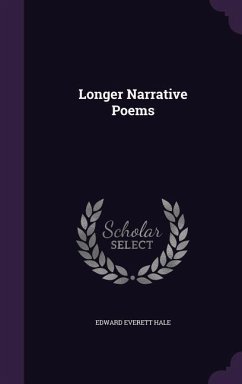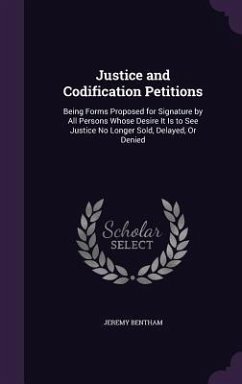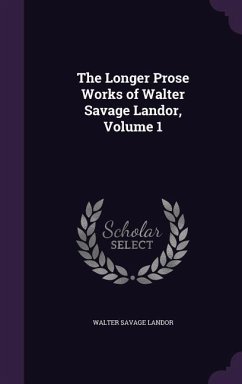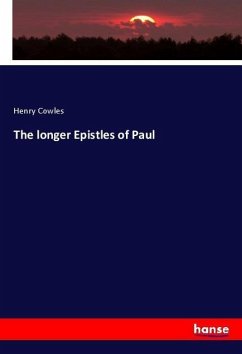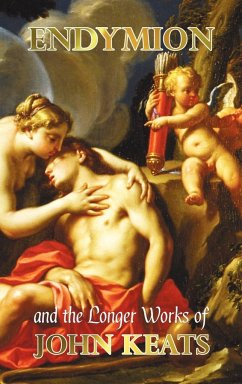
Endymion and the Longer Poems
Versandkostenfrei!
Versandfertig in 1-2 Wochen
23,99 €
inkl. MwSt.

PAYBACK Punkte
12 °P sammeln!
Keats' longest poem, Endymion, draws on a Greek legend to tell the story of a beautiful youth beloved of the goddess Cynthia. "The song of Endymion throbs throughout with a noble poet's sense of all that his art means for him. What mechanical defects there are in it may even serve to quicken our sense of the youth and freshness of this voice of aspiration" (Henry Morley). Keats' other longer poems, Lamia, Isabella or the Pot of Basil, The eve of St. Agnes and Hyperion (which Keats abandoned before completion) make up this carefully hand-edited volume, which includes introductions and footnotes...
Keats' longest poem, Endymion, draws on a Greek legend to tell the story of a beautiful youth beloved of the goddess Cynthia. "The song of Endymion throbs throughout with a noble poet's sense of all that his art means for him. What mechanical defects there are in it may even serve to quicken our sense of the youth and freshness of this voice of aspiration" (Henry Morley). Keats' other longer poems, Lamia, Isabella or the Pot of Basil, The eve of St. Agnes and Hyperion (which Keats abandoned before completion) make up this carefully hand-edited volume, which includes introductions and footnotes by the noted critic Francis T. Palgrave.





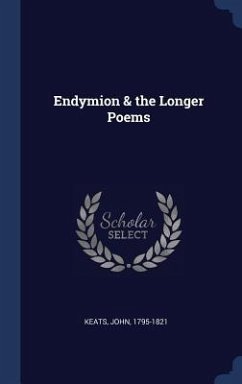
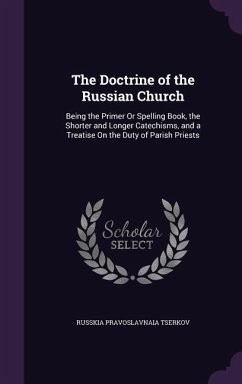

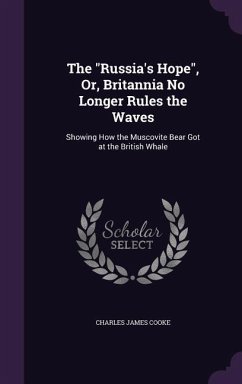
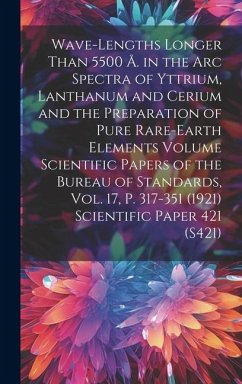
![The Doctrine of the Russian Church, Being the Primer Or Spelling Book, the Shorter and Longer Catechisms, and a Treatise [By G. Koniskii] On the Duty of Parish Priests, Tr. by R.W. Blackmore Cover The Doctrine of the Russian Church, Being the Primer Or Spelling Book, the Shorter and Longer Catechisms, and a Treatise [By G. Koniskii] On the Duty of Parish Priests, Tr. by R.W. Blackmore](https://bilder.buecher.de/produkte/66/66902/66902158n.jpg)
